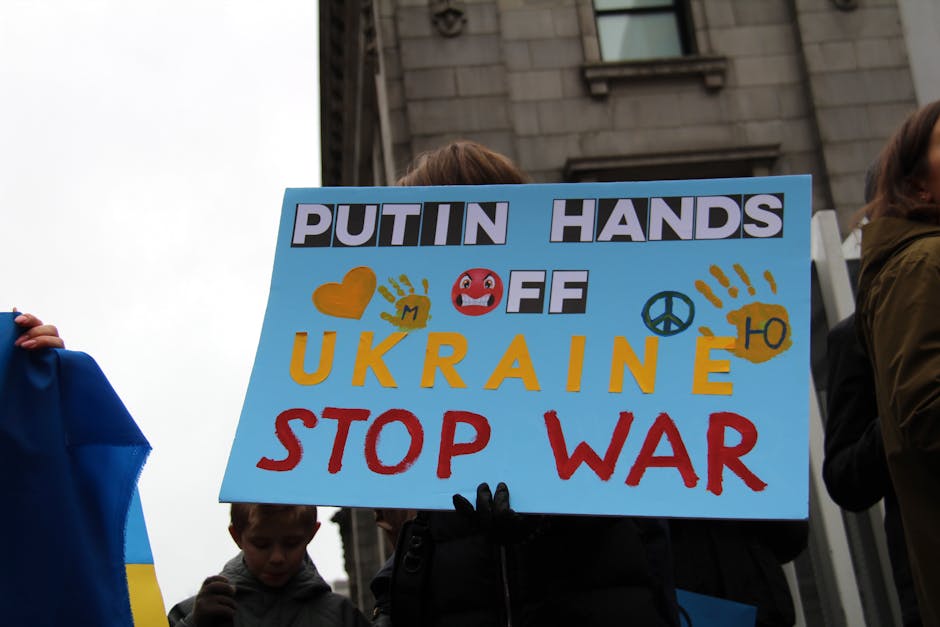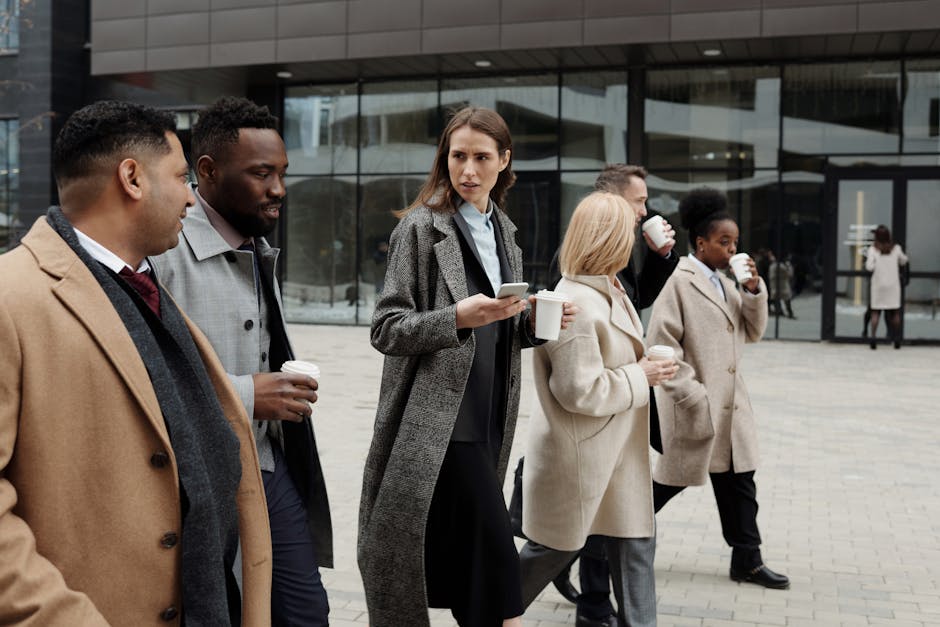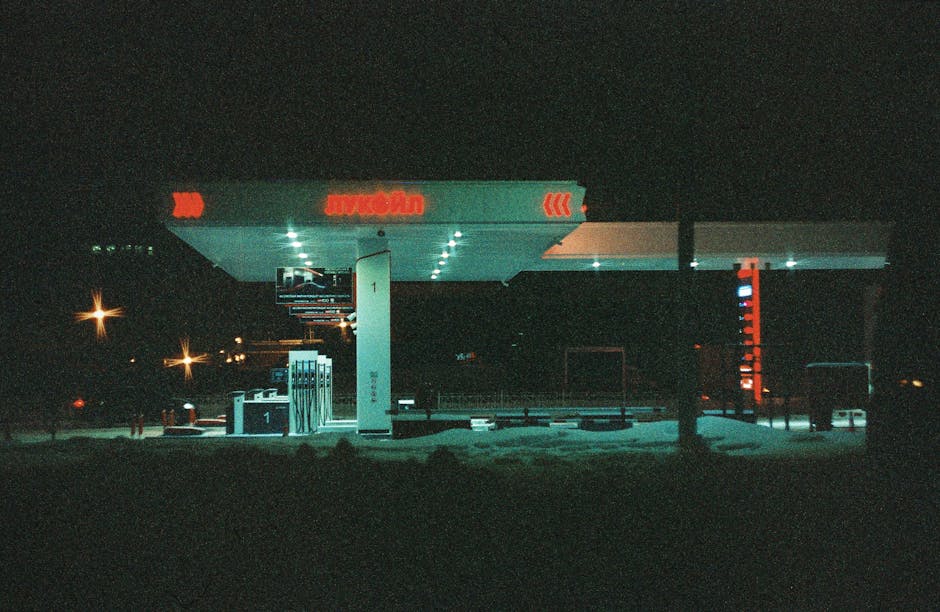Ladakh–Centre Dialogue Set to Resume on October 22
In a crucial step toward addressing the demands of Ladakh’s residents, the dialogue between the region’s representatives and the Central government is scheduled to restart on October 22. This follows months of stalled negotiations and rising tensions over issues like autonomy, statehood, and environmental protection in the Union Territory.
Union Minister of State for Home Affairs, Nityanand Rai, announced the decision during a recent meeting with a Ladakh delegation. The talks, to be held in New Delhi, will focus on key demands raised by the Leh Apex Body (LAB) and the Kargil Democratic Alliance (KDA), two leading organizations representing the region’s diverse population.
Background of the Dialogue
Ladakh became a Union Territory in August 2019 after being carved out of the erstwhile state of Jammu and Kashmir. While the move was initially celebrated by many in Leh, concerns soon arose over the lack of local representation and decision-making powers. The absence of a Legislative Assembly and the direct control of the Central government have been major points of contention.
Over the past two years, Ladakh has seen widespread protests and strikes, with residents demanding statehood, inclusion under the Sixth Schedule of the Constitution, and protection of land, culture, and the environment. The region’s fragile ecosystem and unique cultural identity have further intensified calls for safeguards against unchecked development.
Key Issues on the Table
The October 22 dialogue is expected to address three primary demands:
-
Statehood for Ladakh: Representatives are pushing for full statehood to ensure greater autonomy and empower local governance.
-
Inclusion Under the Sixth Schedule: Tribal communities are advocating for constitutional protections to preserve their land, culture, and resources.
-
Environmental Safeguards: With Ladakh’s fragile ecosystem at risk, activists and locals are demanding stringent environmental regulations to ensure sustainable development.
Stakeholders and Expectations
The Leh Apex Body and the Kargil Democratic Alliance, representing Leh’s Buddhist population and Kargil’s Shia Muslim community, respectively, have expressed cautious optimism about the talks.
“We hope the Central government will take our concerns seriously and take concrete steps to address them,” said Thupstan Chhewang, a senior member of the Leh Apex Body.
The Central government has reiterated its commitment to Ladakh’s development while emphasizing the need for dialogue. “We are open to discussions and will work towards finding a mutually acceptable solution,” said Minister Nityanand Rai.
A Critical Moment for Ladakh
The resumption of dialogue comes at a pivotal time for Ladakh, which has faced economic challenges exacerbated by the COVID-19 pandemic and geopolitical tensions. The outcome of these talks could shape the region’s political future and its relationship with the Centre.
As the October 22 meeting approaches, all eyes are on New Delhi to see if the government can bridge the gap between its development agenda and the aspirations of Ladakh’s people. For residents, the dialogue represents a glimmer of hope for a more inclusive and sustainable future.




